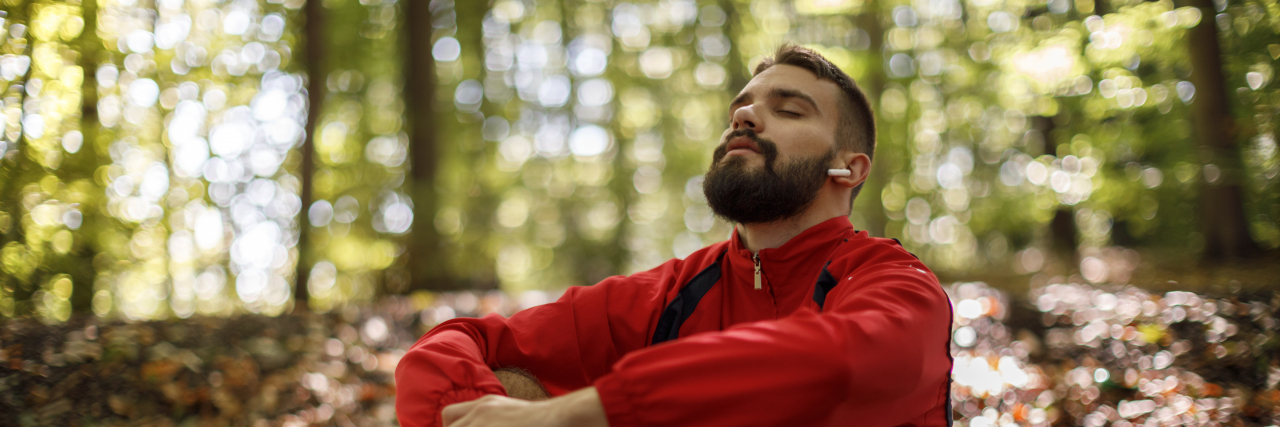During your recovery from a drug or alcohol addiction, you have one overriding goal — just one. It’s a simple goal, too, but to achieve it, you will need to rely on all of your inner strength, your personal self-determination, and a good dose of plain, old stubbornness.
This single, overriding goal? Remaining 100% abstinent by successfully avoiding a potential relapse, an event that could return you back to previous level of drug or alcohol use — a place you know only too well, but one that may well cost you your life this time around.
Does that sound harsh? Well, consider this:
In 2021, the highest total number of people recorded so far, nearly 108,000, died from a fatal drug overdose in the U.S. Most of those involved the synthetic opioid fentanyl, the highly potent and dangerously lethal opioid drug that is now finding its way into virtually every other illicit addictive drug available in the U.S., either purchased on the street or online.
Alcohol kills, too. In 2021, nearly 140,000 Americans died of alcohol-related causes, and the number of deaths from alcohol use disorder (known as AUD) alone exceeded all medical expert predictions, predominantly because of increased alcohol use during the coronavirus pandemic.
In addition to your personal qualities of inner strength and determination, refined by your addiction experiences, you will also need your education — everything you have learned so far, especially from your time in rehab. This knowledge has also helped you to reach this point in your recovery.
I remember exactly the point where you are at now. My time in addiction treatment, nearly four months of professional heroin rehab, was, for me, the one singular point in my life where things finally seemed to make sense.
The education I received not only has stood me in good stead in my own recovery, it proved to me that I was worth fighting for — that I deserved a chance to live again, substance-free.
Lastly, there is your support network. This group of hand-chosen people — family, friends, recovery peers, counselors, and others — are there for you when your own strength and determination are being tested to the very limit. These people are your backup and your fail-safe, so to ensure you reach your goal of being relapse-free, call them when you need to, and call them anyway even if you think you might need their support.
Here are five ways to effectively deal with cravings and avoid relapses:
1. Nature
Any type of physical activity can help ease the symptoms of cravings, and simply walking is one of the best. However, believe me, walking around the same few blocks in your own neighborhood will more likely send you to sleep. If you are going to go for a long walk, why not choose a little beautiful scenery to go along with it? Engaging in nature — hill-walking, hiking, even picnicking in a national park will lift your soul, get some decent air into your lungs, and certainly take the very notion of a drug craving right out of your mind.
Medical science agrees, too.
In a recent interview with Dr. Qing Li, MD, Ph.D., professor at Tokyo’s Nippon Medical School in Japan, and author of “Forest Bathing,” stated that while stress can induce negative emotions such as anxiety, depression, and anger, your connection with the natural world — such as “shinrin-yoku” (forest bathing) — can significantly reduce your stress and lower your levels of stress hormones, eg. adrenaline, noradrenaline, and cortisol.
I’m not suggesting you get naked and jump in a pool of water in some park somewhere (you might need permission first…) but you get the point. Immerse yourself in nature, and let your stress (and any cravings) slide away.
2. Communication
Much of modern drug and alcohol rehab is focused on “talk therapy,” along with specialist therapies, like cognitive behavioral therapy (CBT) and eye movement desensitization and reprocessing (EMDR). Talk therapy is used extensively because it works. My own mother used to tell me that if you’re dealing with a problem, talk it through with someone — “A problem shared is a problem halved,” that kind of thing. That’s exactly what talk therapy is — only you talk a problem, eg. a craving, through with a qualified specialist, like a counselor or addiction therapist.
3. Nutrition
You can often control cravings for alcohol in early recovery by eating sweets or foods containing carbohydrates. However, it’s not really the “healthy option.”
It is far better to ensure you maintain a healthy and varied diet full of nutrition from now on (and use the candy idea for emergencies). By eating healthy and nutritious food, you are ensuring your mental health is healthy, too.
4. Mindful Meditation
If you learn mindfulness meditation, you will be able to meditate pretty much anytime and anywhere. If classes are too costly, you can always learn online (in-person group classes are, by far, the better option, to be honest).
Not only can you learn online, but you can also learn through an app.
5. Expression
Talking with someone is one way to express yourself, and cravings can be worked through by expressing your feelings. However, you do not have to “talk” to be expressive. Expression comes in many forms — especially through creative expression, eg. through any art medium, such as painting or sculpture. You can also try composing poetry, or writing your painful or difficult feelings down in a journal.
Substance cravings can feel overwhelming at first, especially in early recovery, but hopefully, in no time at all, they will ease, feel less severe, last a shorter amount of time, and eventually pass altogether. However, while you are still struggling with cravings, be on your guard, and please follow these tips to help avoid a potential relapse.
Getty image by Damir Cudic.

